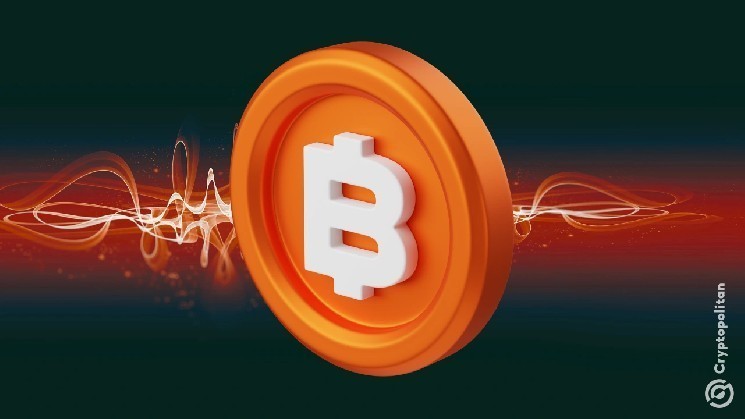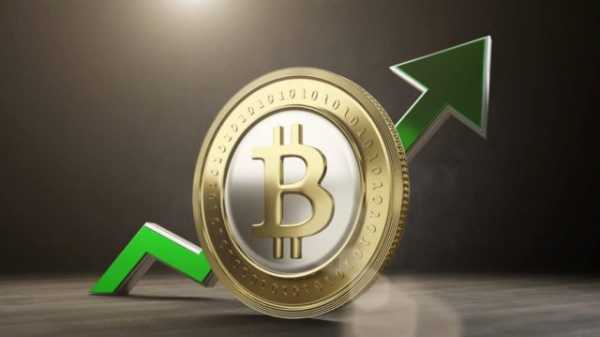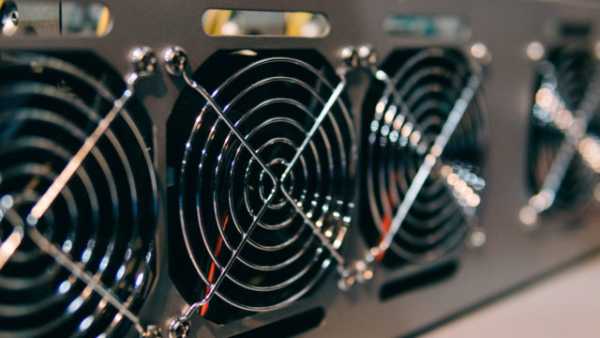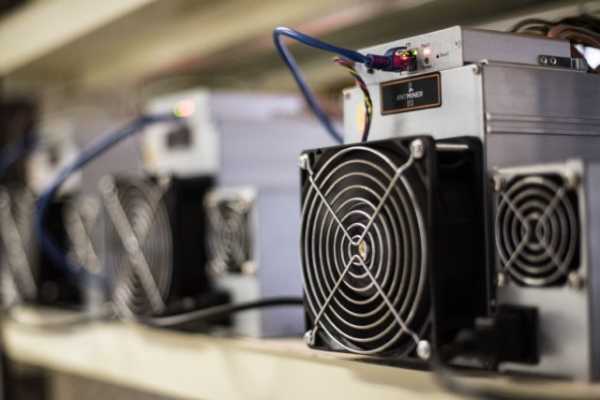Minimum Bitcoin transaction fee reduced by 90%

Bitcoin transaction fees have been reduced by 90%. This information comes amid debates about what purposes the asset is most suitable for. Some people believe that it is best suited for everyday payments, while others continue to firmly believe that it meets the criteria for a store of value.
In the last few years, there have been a number of proponents who believe that Bitcoin has ceased to be a regular digital asset, given that its value has remained fairly stable since its inception. To make it even more attractive, users of the largest cryptocurrency network can now pay as little as 0.1 satoshi per virtual byte (sat/vByte) to process their transactions. Satoshi is the smallest unit of Bitcoin, and 1 satoshi is currently equal to approximately 0.00000001 BTC.
Bitcoin transaction fees reduced by 90%
In previous periods, miners were usually required to pay a minimum fee of 1 satoshi/vByte to process transactions. However, since the leading digital asset network has been inactive for some time, miners decided to reduce the minimum fee by 90% to add more blocks to the blockchain. This is due to the weight of the transaction and the speed of its processing. When the blockchain is overloaded, it is usually more expensive for miners to prioritize transactions.
Recent events show that the demand for block space has dropped significantly. In other words, people are no longer performing as many transactions as before, which encourages miners to set lower fees. The Bitcoin network is largely supported by miners, who are now industrial enterprises in warehouses with high-tech computers processing transactions on the network.
Miners are rewarded for processing blocks containing transaction data and adding them to the blockchain. For each block processed, miners can earn up to 3.125 BTC, which is currently worth about $367,000 at the current rate, including transaction fees. However, with fewer people making transactions like sending funds, recording NFTs, and other activities, transaction fees remain low, meaning miners earn less for each successfully mined block.
Prominent BTC Supporters Express Discontent Over Declining Network Activity
According to anonymous Bitcoin miner Econoalchemist, transactions with a fee of 0.1 satoshi/vByte have always been acceptable to most miners on the protocol. However, he noted that some node operators may ignore such low fees. With Mempool and others now promoting low fees, this indicates a growing consensus on the acceptance of such transactions. “Over time, policy rules will tend to match the consensus rules, removing most of the relay restrictions,” he noted.
Prominent figures in the payments and crypto space have previously expressed frustration with the slow speed of blockchain transactions, including former Twitter CEO and Square CEO Jack Dorsey. Dorsey, a big fan of Bitcoin, said the cryptocurrency will only be successful if people use it to send and receive money, as it was originally intended. “I think if it doesn’t move into payments and find everyday use, it’s going to become less and less relevant,” Dorsey said on a podcast in April.
While Bitcoin was not used to send and receive money as most people assume, it is now finding another use: individuals and businesses are using it as a store of value. This has led to new all-time highs for the asset. “I guess time will tell, but it looks like Bitcoin is being converted [to a store of value] and not being used for any transactions,” said Scott Norris, CEO of mining company Optiminer.
Even with this new change, the sender of a cryptocurrency transaction can still choose the fee. This means that if they are in a rush to have the miners see and process the payment in time, they can simply increase the fee and have their transaction added to the block faster. Meanwhile, some X users have expressed satisfaction with the low cost of using the blockchain. “I like seeing transactions under 1 satoshi/vbyte in my mempool,” one user added, specifying that they would like to “pay as little as possible.”
Source: cryptonews.net



